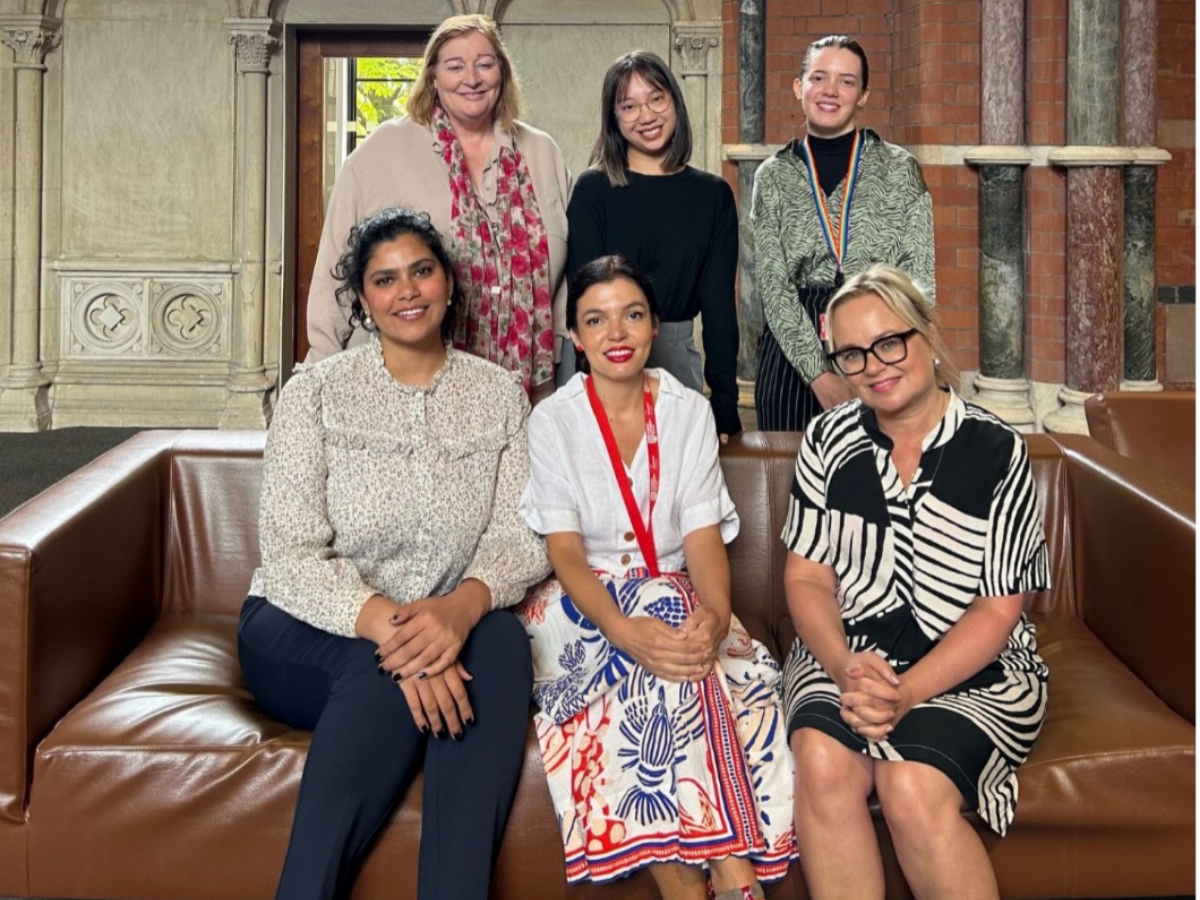Igniting the Power of Storytelling: Reflections on the Presentation and Pitching Skill Programme
As scholars, we often face a dilemma: how to effectively convey our research findings within a serious academic environment while maintaining the audience’s interest. Storytelling seems almost mythical in this context.

The Scholar’s Dilemma
For some academics, storytelling might appear too dramatic, unsuitable for rigorous academic presentations; excessive use of storytelling techniques might also render the presentation less credible. Yet, we all recognise the importance of storytelling in presentations. It can make complex research more understandable and resonate with the audience. The real challenge is: how do we integrate storytelling effectively into our own presentations?
The Project
I designed the week-long project, The Presentation and Pitching Skill Program, to try and tackle this very issue. It’s primary goal was to provide a practical opportunity for scholars to "get their hands dirty" and apply storytelling techniques directly to their presentations. Another goal was to help participants become comfortable with their content through repetition, fostering confidence through familiarity.
Through my previous involvement in various entrepreneurial projects, I realized that both I and those around me had a vague understanding of business pitching. Therefore, in this project, I combined academic presentations with business pitching skills, aiming to help other researchers master these techniques so that their work could not only be heard but also understood and remembered.
Lessons Learned and Skills Gained
Throughout the process of organizing this project, I have learned several valuable lessons. Firstly, it’s crucial to not just have an idea, but also a clear plan. This aligns with the concept of prototyping in business pitching. The more you can prototype and concretize your idea, the better you can communicate it and the more direction you will have during implementation.
Secondly, you need to actively engage and communicate with other people. In discussions with Deirdre Lynskey, a Student Development Manager here at Queen’s, she helped me identify many areas I thought were clear but were not. This communication allowed me to continuously refine the plan, making the project’s prototype compelling and successfully securing funding. Likewise the initial idea for this project came from a casual conversation with Steve Lazars. During implementation, I proactively invited Fabiana Fausto McCracken, in her then role of Researcher Development Consultant at the Graduate School to co-organize the programme, and also reached out to people to serve as judges. Although I faced many instances of being overlooked or rejected, persistent efforts ultimately yielded positive results.
Finally, following up was crucial throughout the project. I communicated with the judges about their arrival at the Graduate School, what they needed to do, and what support we would provide. I also co-ordinated with staff on equipment setup. Fabiana and I released relevant materials daily and managed the schedule and feedback. As organizers, it was our responsibility to ensure that all participants knew what they needed to do and enjoyed their involvement.
Graduate School Support
The successful execution of this project would not have been possible without the support of the Graduate School at Queen’s University. I would like to extend my special thanks to the Graduate School for providing us with a platform to turn our ideas into actionable plans and eventually bring them to life. I also want to thank Donna Hyland (Postgraduate Training and Development Manager) for her willingness to provide additional funding when my initial budget exceeded the limit. Thanks to Fabiana, who truly inspired me through her confidence in the project. Emma Murphy, Vicky Blades, and Karen Nugent joined Donna Hyland as project judges and I’m grateful to them for bringing their varied expertise to this role and for the invaluable feedback they provided during the project, which helped both the participants and me to continuously improve.
Finally, thanks to Deirdre Lynskey for her invaluable behind-the-scenes support, and Steve Lazars for the inspiring casual conversation that motivated me to move forward with this project.
Looking Forward
Having enjoyed creating this programme and learning so much in the process, I now consider it only the beginning. I plan to continue organizing similar activities in the future and actively participate in other meaningful projects. I’d like to finish this blog with a lovely quote from one of the participants in the programme. "I really enjoyed how reflexive the sessions were, and how personalized. I really felt myself being challenged and was supported throughout to use these challenges for my personal growth. It was one of the most immersive, reflexive training courses that I have attended." Feedback like this inspires me for the future!
